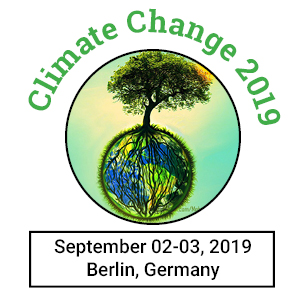
Mehdi Azadi
The University of Queensland, Australia
Title: Recycling coal combustion by-products for minesite rehabilitation
Biography
Biography: Mehdi Azadi
Abstract
The rehabilitation and closure of mines is often impeded by the presence of mine wastes (spoils, rejects, tailings) with undesirable chemical and physical properties that increase the risks of acid and metalliferous drainage, spontaneous combustion, salinity, dust generation, and erosion. At the same time, the various types of coal combustion by-products from power stations have unique chemical and physical properties such as an alkaline nature, pozzolanic binding effects, high water holding capacity, and particle size distributions which can be beneficial for mine rehabilitation. Many of the coal-fired power stations are located in close proximity to mines. The relatively short distance of coal mines and the power stations reduces the cost of coal transport. It also provides the opportunity to transport coal ash back to the mines at a low cost for the rehabilitation applications, including i) encapsulation and coating of the reactive materials (to prevent acid mine drainage and spontaneous combustion), ii) replacing of some of the costly soil amendment chemicals, iii) backfilling and stabilising final voids and underground workings, and iv) treatment of contaminated water. Our research aims to assess the effectiveness of the technology for improving physical and geochemical stability of mine wastes, and reducing any residual risks after mine closure, by testing the scenarios in which coal ash is reused.

